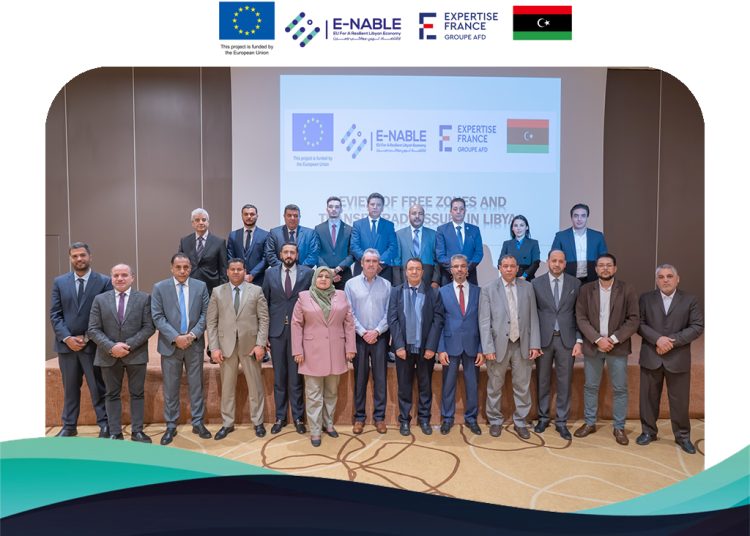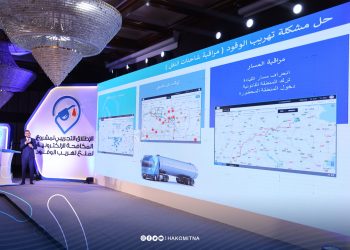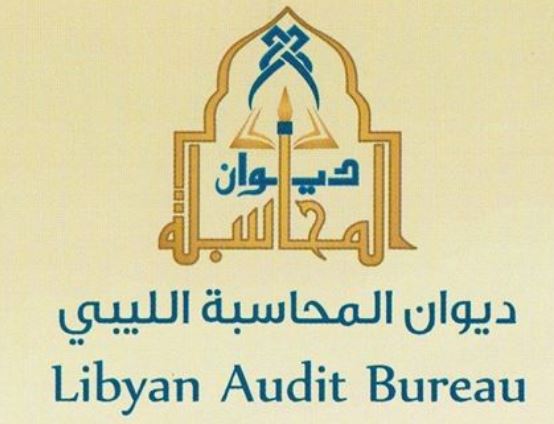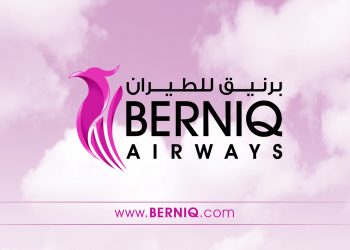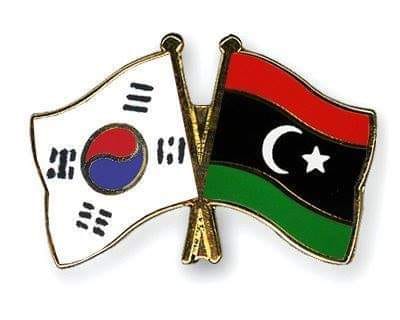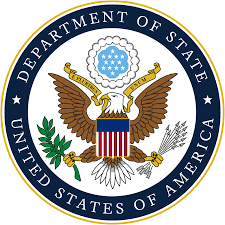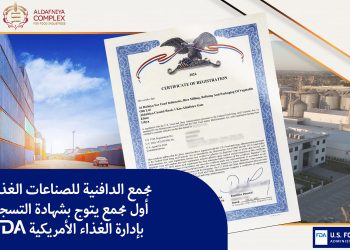A workshop on free zones was organized in Tunis on 21 to 22 February in Tunis. The event came within the activities of the E-NABLE project funded by the European Union in Libya and implemented by Expertise France for a sustainable, diversified and digital economic recovery in Libya.
The workshop was attended by representatives from the Ministry of Economy and Trade, the Ministry of Foreign Affairs, the Ministry of Planning, and representatives of the Elmreisa Free Zone, the Misrata Free Zone, and the Customs and Urban Planning Departments.
The workshop aims to discuss the mechanisms of developing a comprehensive national strategy for free zones to expand trade, improve the investment climate, and support economic growth and diversification.
Expertise France reported the participants discussed the main elements of the strategic national plan for free zones and reviewed its most important issues and the challenges of free zones and transit trade in Libya.
Libya has a free zones concept
Speaking exclusively to Libya Herald from Tunis, Nuri Al-Gatati, Undersecretary of the Ministry of Economy and Trade for Free Zones Affairs, said that Libya, before 2011, prepared a concept for several free zones, including the Misrata Free Zone, the Elmreisa Free Zone in Benghazi, a third west of Zuwara, a fourth east of Tobruk, and a fifth in Ghadames.
Free Zones law
They operate by the investment law, which facilitates many procedures, prevents many complications, lifts restrictions, and reduces customs and tax fees, which encourages investors to establish their various investments in an appropriate and encouraging atmosphere and achieves good returns.
Aldabaiba government wants to implement all free zones
Al-Gatati added that the Tripoli Aldabaiba government is greatly interested in implementing all planned free zones. It plans to support them with all the capabilities they need to be able to attract foreign investments and participate so that each investment will be granted the facilities granted by the law and provide an investment climate supportive of success.
Misrata Free Zone a successful blueprint
Referring to the success of the Misrata Free Zone experience in attracting several foreign investment companies from Korea, Japan, Turkey, India and Malta. He revealed that there are other investments from several countries that will enter this year, especially after the zone finishes equipping several investment buildings, warehouses, communications infrastructure, electricity and the rest of the logistics services.
Elmreisa Free Zone to be implemented
Al-Gatati affirmed that there is full support for the free zone in Al-Muraisa in the city of Benghazi, and the start of a project to complete its port and equip it with all the necessary services to attract investors in various industrial, commercial, and logistical fields.
Free Zones to support transit trade
Al-Gatati concluded by saying that the establishment of free zones in several regions of Libya is part of a broader plan to support investment inside Libya, localize industries and provide logistical services to establish a successful transit trade with Africa.


